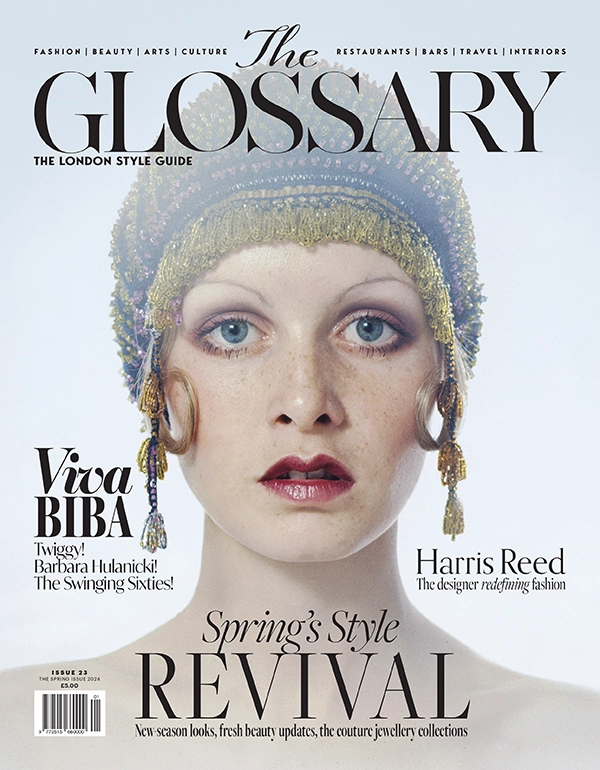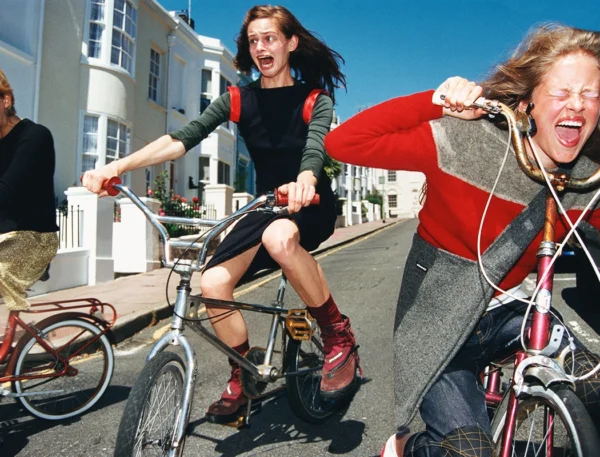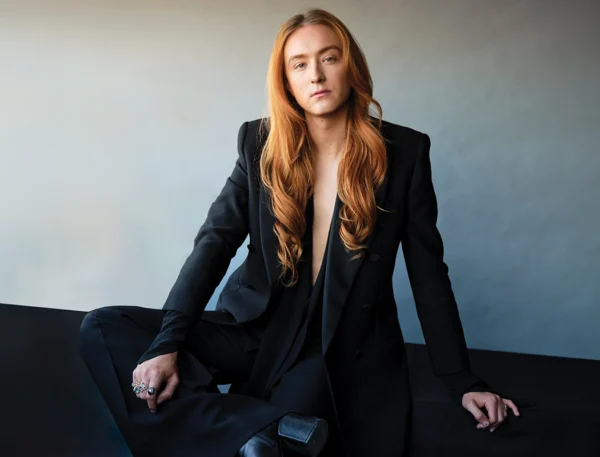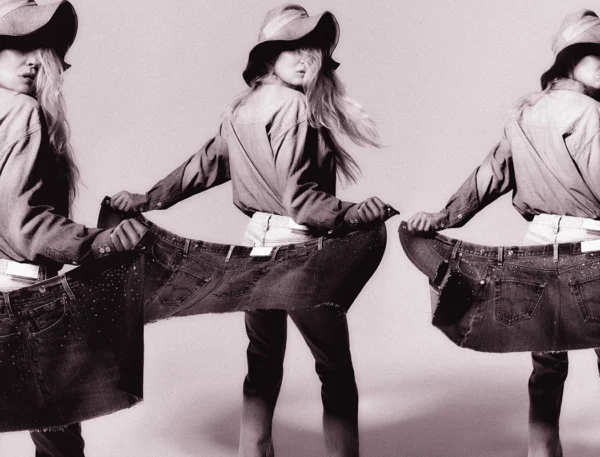Whether they’re campaigning about climate change, shining the spotlight on sustainable style or highlighting the fragility of our ecosystems, The Glossary’s Eco Pioneers series gets to know the game-changing names who are on a mission to save the world. Here, Noëlla Coursaris Musunka, model, philanthropist and activist, reveals the biggest issues facing the fashion industry – and how she’s using her platform to fight for positive change.
Born in the Democratic Republic of Congo to a Cypriot father and a Congolese mother, Noëlla Coursaris Musunka was sent to live with relatives in Switzerland at age five, following her father’s death and her mother lacking the resources to care for her. When a friend entered Noëlla into an Agent Provocateur modelling competition, she won and and went on to have a glittering global career. It was during a visit to her mother in Congo that she witnessed the poverty and lack of opportunity for women in the country, and in 2007 she founded Malaika, a nonprofit grassroots organisation that empowers Congolese girls and their communities through education and health programmes.
Noëlla continues to work as a model as well as raise awareness for causes she is passionate about, including ethical fashion. Last year she co-hosted The Commonwealth Fashion Exchange exhibition, which helped promote lasting sustainable supply chains, and she also spoke at Baselworld 2018 about sustainability and luxury. Her work has seen her named in the BBC’s 100 Influential and Inspirational Women.
What are your ethical concerns within the fashion industry?
The industry has come under fire for the ill treatment of the environment and the people it employs, as well as for its unrealistic standards of beauty. Things are moving in the right direction, but we still need greater environmental awareness along the chain – from supply to consumer – as well as greater inclusion within the industry.
What are the challenges of producing sustainable luxury goods?
With the potential for significant profits to be made in fashion, the incentive to plunder natural resources is huge. We’ve seen this across Africa, in particular. Congo is a nation rich in precious minerals, but this has been something of a curse; its abundant minerals supply has led to exploitation and, as a result, has been a source of conflict spanning a hundred years. But fashion can be a means of empowerment too. As an example, the women in the village of Kalebuka craft Mama Ya Mapendo (From Mothers, With Love) bags in their Community Centre that are then sold to supporters of Malaika around the world.
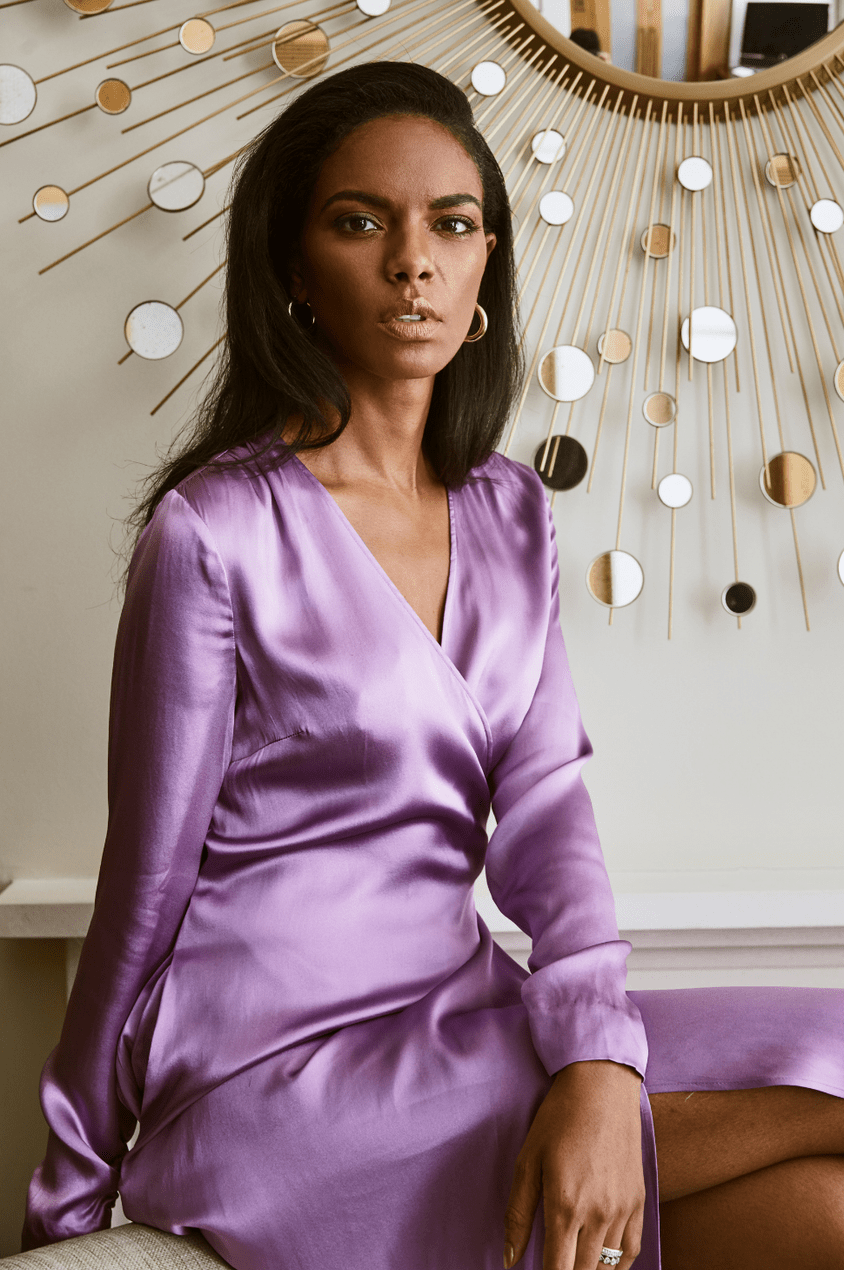
Who or what do you admire for their planet-conscious attitude?
The Body Shop. I have always been a huge admirer of Anita Roddick, the founder of the company. Her innovative model of Enrich Not Exploit has proven to be commercially successful as well as environmentally and socially sustainable, and I hope to see the entrepreneurs of today following this example.
What can we do as consumers to help?
Make smart choices. The right brands are out there but they tend to get lost in the vast number of goods available. Research where your clothes, jewellery and make-up really comes from before you buy. And check the supply chains.
What inspired the founding of Malaika?
When I returned to the Democratic Republic of Congo aged 18, I witnessed the poor conditions my mother had been living in, as well as the number of kids who were out of school and severely malnourished. That was the pivotal moment when I realised just how crucial an education really is as a tool for self-empowerment. Today, Malaika comprises a free school for 314 girls, a community centre that offers programs to over 5,000 youth and adults, and 17 wells that protect 30,000 people a year against water-borne disease and illness.
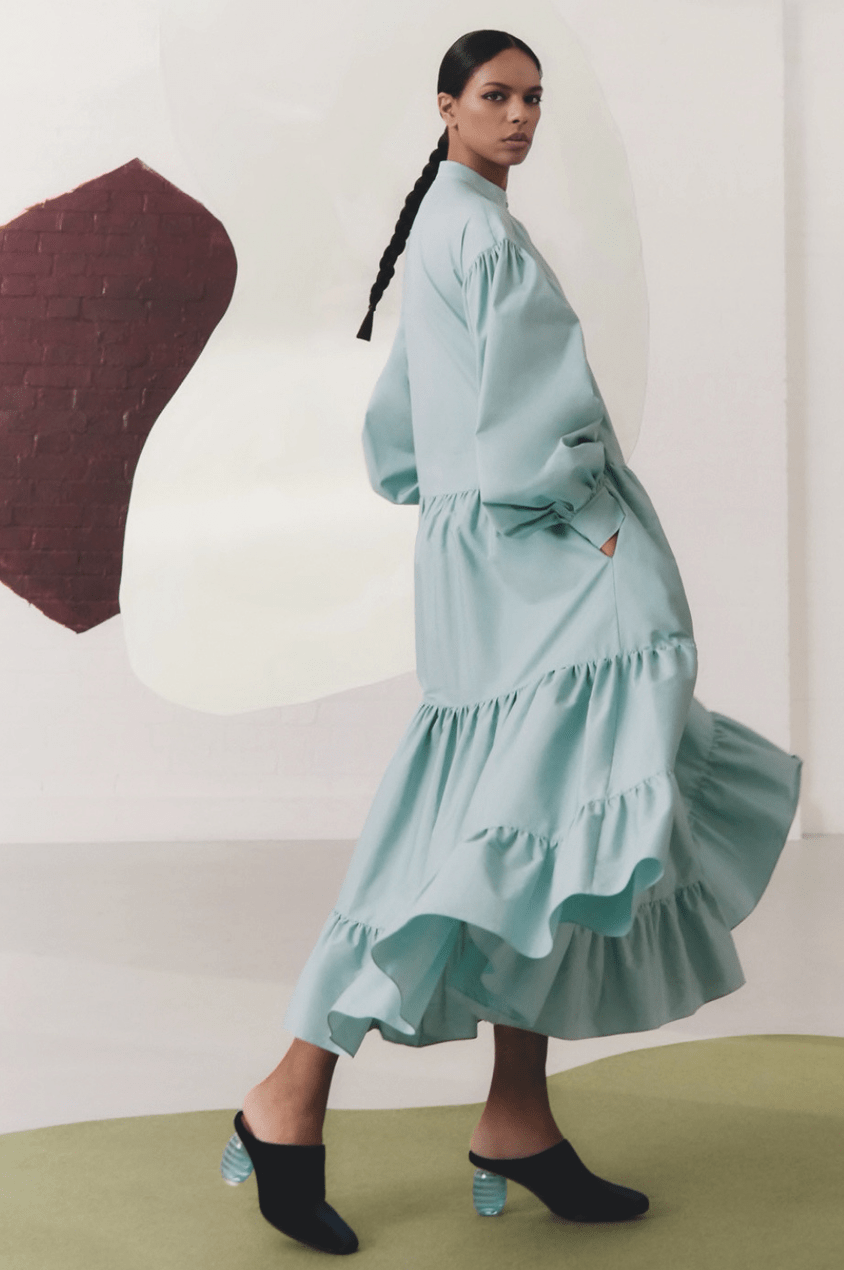
Tell us about the recent collaboration between Malaika, Roksanda and The Outnet
Earlier this year we released a capsule collection, where 10 per cent of sales go directly towards Malaika’s critical education and health programs. The collaboration is based on our shared commitment to empowering women, through fashion and education. Roksanda Ilincic is also a trailblazer in terms of sustainability.
What are your tips for living in an environmentally-responsible way?
Get back to nature. Taking a walk in your local park is a more environmentally-responsible pastime than, say, driving to the shopping centre. But, more fundamentally, I think the root cause of environmental degradation today is a disconnect between us as a society and the natural world around us. My kids love playing outdoors and they love sports and I think it fosters in them a greater respect for natural landscapes and other species.
What are your hopes for the future of sustainable fashion?
Big changes are coming for the planet, whether we like it or not, and the fashion industry will have to adapt fast as the resources it relies on dwindle. We are beginning to see trends change towards the recognition of ethical and sustainable fashion that I hope will put a stop to harmful practices within the industry.
noellacoursaris.com, malaika.org
Images: courtesy of Noëlla Coursaris Musunka.
